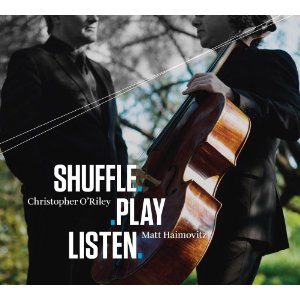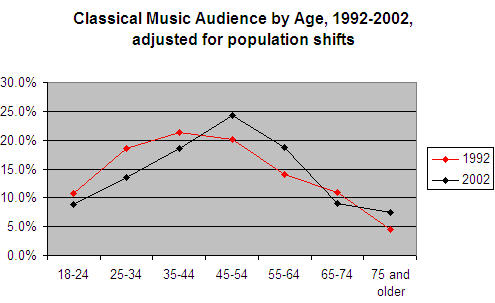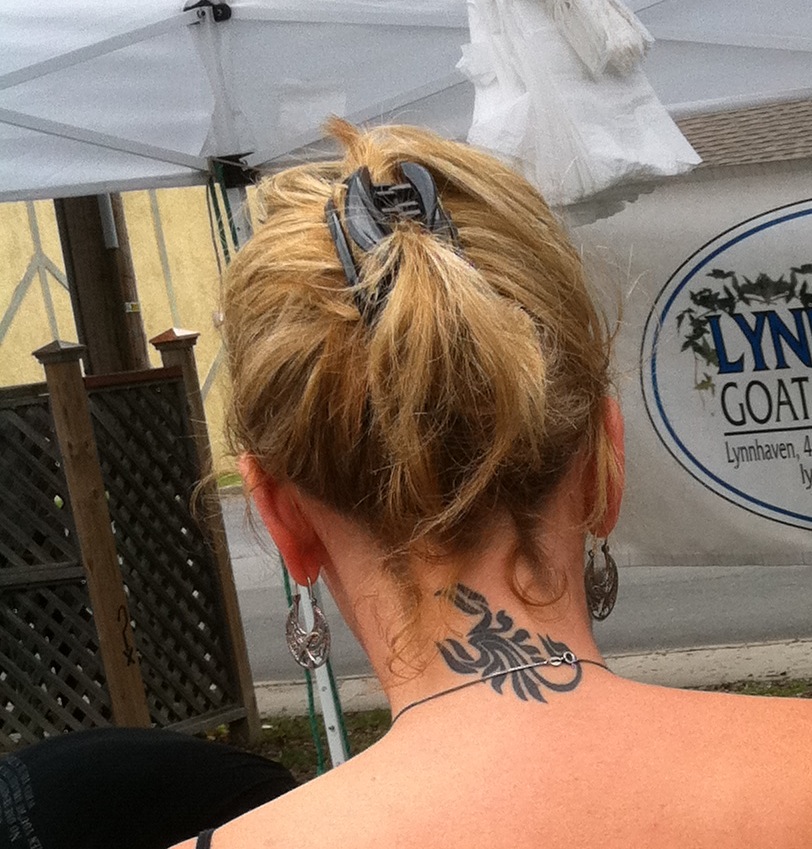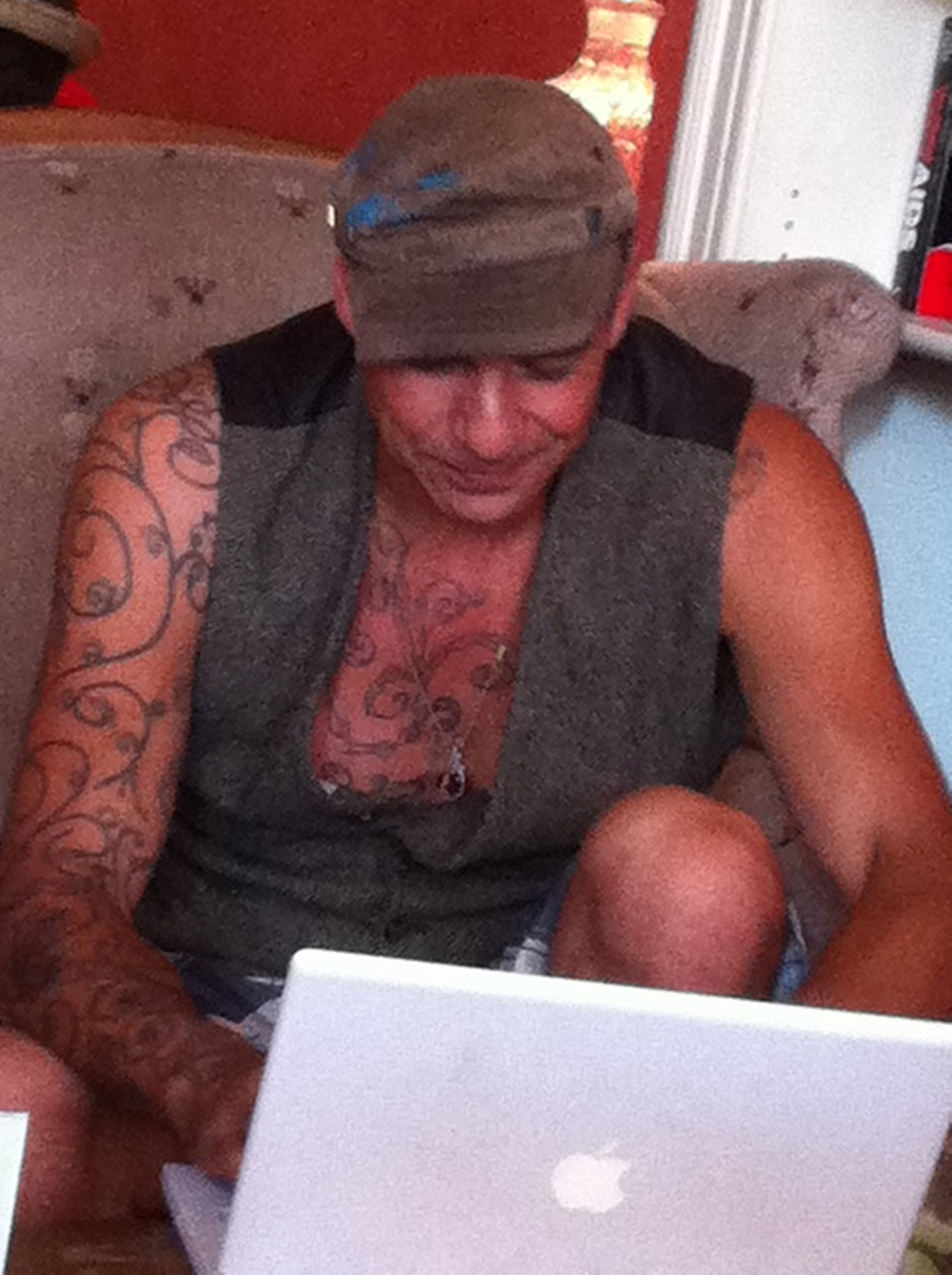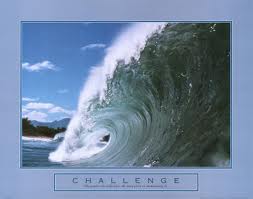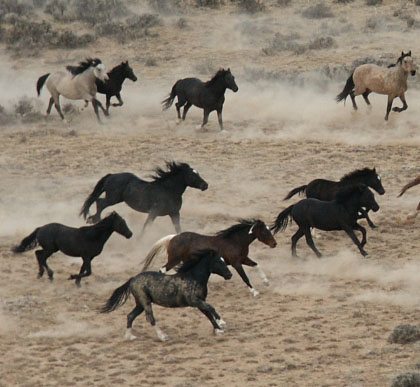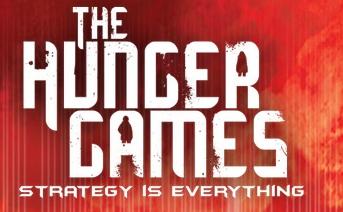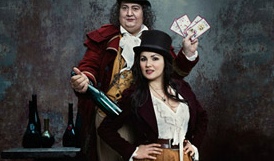As I wrote in my last post (at greater length): I'm not saying that every moment in every classical performance has to be new and eclectic. I'd expect a wide-ranging mix. All-Schubert one night, Les Noces the next weekend, Shuffle.Play.Listen midweek, and then a student-crafted concert happening down the street. Then a Stockhausen retrospective, and then my friend Stewart Goodyear playing his Beethoven marathon, all the sonatas in a single day. That said, here are more examples of what can be done. Of what has been done. I label some of my … [Read more...]
Programming for a new audience — Shuffle.Play.Listen
Shuffle.Play.Listen -- that's the title of a Matt Haimovitz/Christopher O'Riley double CD, which I should have blogged about ages ago, especially after I heard Chris and Matt play a version of it live. Among much else, it revolutionizes the cello/piano repertoire. (Here's a Spotify link if you want to hear it.) When I heard it live (at George Mason University in Virginia), the pieces were announced as (or after) they were played, rather than being listed in order in the program. So I had no idea what the first piece was. Clearly 20th … [Read more...]
Building a young audience (proof of culture change)
Well, proof is a strong word. But I'd think that the aging of the classical music audience -- over just about a 50-year period -- is a very strong sign that our culture has shifted. And shifted away from classical music. But first a step backward. I'm writing more posts in my current series than I expected to. So to get reoriented: My main thesis is that building a new, young audience for classical music ought to be our most urgent priority. Why? Because we're losing the audience we have, and there will never be another audience -- or at least … [Read more...]
Building a young audience (more on the culture change)
There's a quite a lot to read on the changes in our culture, the ones I've been saying that leave classical music behind. For instance: The section on nightlife from Richard Florida's well-known book, The Rise of the Creative Class. Florida describes people whom he thinks are central to any city's economic growth, young, smart, curious, creative people, the people corporations would most like to hire. Florida's thesis about how crucial to economic growth they are has been disputed, but his description of them sounds exactly right to … [Read more...]
Building a young audience (more on new music)
I know that much that I'm saying is hard for some people to accept. And I sympathize. Change can be difficult. Major change can be more difficult still. And fundamental change -- radical change -- can be wrenching. So when I say that the repertoire classical musicians play will have to change, I can see why many of us might be upset. I'm thinking now of people deeply engaged with classical music as it is now. We all -- I'm very much including me in this group -- got into classical music because we loved it. And what that meant, … [Read more...]
Building a young audience (second part)
Back in the '90s, I was music editor of Entertainment Weekly, which meant I was plunged into pop music. I had a girlfriend who worked at the magazine, someone with no classical music background, and also without any fancy taste in pop music (which I don't mean as any kind of criticism). She listened to what everyone else like her listened to. No art rock, no challenging indie bands. One Sunday morning, we were at my apartment, and she asked if I'd put on some classical music. So I put on something Baroque, maybe Handel's Water Music. She … [Read more...]
Why audience beats advocacy, every time
My last post got a bigger, happier response -- here, and on Twitter and Facebook -- than anything I've written in many months. So here's more. A quick summary of what I'm going to say: The classical music business loves to do advocacy (which we also see being done for the arts generally). Which means going out in the community and trying to show we're valuable. But if we filled our halls with an excited new audience, we'd have nothing to prove. And our future would be secure! So why isn't that our absolute highest priority? In my last post, … [Read more...]
A wild time
It's a wild time for classical music. That's the headline on my home page. And it's the opening sentence of the revised and final version of my book. Why is this a wild time? First because of the classical music crisis -- declining ticket sales, a shortage of funding, an aging, shrinking audience, all these things we've talked about for so many years. And, of course, lying behind all that, there's the sense we've all had that classical music -- at least for the past generation -- has been growing more distant from the rest of our … [Read more...]
Branding workshop success
I've blogged a lot here about the online workshops on branding I was going to teach. But now the first one has happened, and it was an enormous success, more so than I'd ever dreamed. I worked with six people, from various walks of classical music life, and by the end of the third and last session, all of them felt they'd made enormous strides in their branding. I thought they did, too. It was heartening, for instance, to see someone with an impenetrable website emerge as a vibrant, irresistible musician and storyteller. And to see him (once … [Read more...]
Marketing the Met — a real strategy
Maybe my last post -- about the new-audience strategy I don't think the Met Opera has -- looked a little theoretical. Or impractical. Or way out in left field. The Met's strategy, I said, evidently is to create buzz, and then hope the audience shows up. Instead, I said, they should go out and actively find their new audience, and then work overtime to keep the people they reach excited about what the Met does. Left field? Not at all. Just look at a New York Times story on the marketing campaign for the Hunger Games film! It's jaw-dropping. … [Read more...]
Peter Gelb and the missing strategy
Much has been written, and rightly so, about Peter Gelb's folly -- his moves to censor writing that strongly critiques his reign at the Met. As I'm sure most of us know, Peter got so much protest that he had to reverse himself. And there's much to discuss here. My take -- beyond all the strong points my wife made in her blog post (where my first link takes you) -- goes beyond the perils of suppressing discussion. What I'm wondering is whether, despite all his famous innovations, Peter really has a strategy for moving the Met into the future. … [Read more...]
Branding my students
This was one of the happiest times I've ever had as a teacher -- an exercise in my Juilliard course on the future of classical music, in which my students took some first steps in branding themselves. This worked so well that I have great hopes for the branding workshop I'll be teaching next week for professionals. (And -- by the way -- I've got enough interest to make a second workshop possible, if just a few more people sign up. Email me!) Here's what happened. Of course we're not talking about commercial branding -- slick slogans, snappy … [Read more...]
My branding workshop — filling up fast
Four people have already said they're seriously interested in the branding workshop I'll teach online. So now they and I need just two more people, at $200 each. Email me if you'd like to be one of them. To learn more, follow the link to read my announcement of the workshop. In an entrepreneurial world, everyone going into the market -- including classical musicians or ensembles or institutions looking for an audience -- needs a brand. Which simply means words and images -- or things that you regularly do -- that tell the world how you … [Read more...]
Learn branding with me
I'm ready to teach an online workshop on branding for musicians, if six people sign up at $200 each. More below, but here's the backstory. A while ago I blogged about an entrepreneurship retreat -- the Road to Creativity retreat -- where I'd be teaching this workshop in June. But, sadly, the ROC retreat won't be happening this year. ROC's founder, my friend Connie Frigo, knows that there's demand there is for something like this. So she and her cosponors -- D'Addario (the musical instrument company) and Tayloe Harding, dean of the School … [Read more...]
Being creative, learning to brand
I'll be teaching a workshop in June, at an entrepreneurship retreat for musicians. This retreat is something new, created by Connie Frigo's under her brand name Road of Creativity, Connie being a saxophonist, sax teacher at the University of Georgia, entrepreneur, and my friend. The dates are June 3 to 9, the place is the University of South Carolina's School of Music, which is the host, and has its own entrepreneurship center, the Carolina Institute for Leadership and Engagement in Music. A cosponsor is the D'Addario musical instrument … [Read more...]


